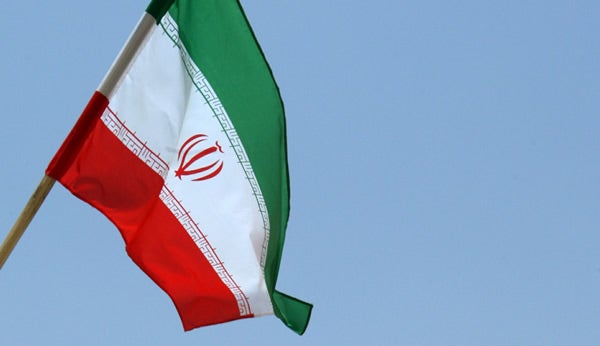In the aftermath of the recent election of Hassan Rouhani, the world’s view of Iran has gradually softened. After all, Rouhani has reached out in unprecedented ways, including exchanging personal correspondence with President Obama, wishing Jews a blessed Rosh Hashanah, and expressing a continued desire to engage in direct talks with the West.
Rouhani succeeded Mahmoud Ahmadinejad, a hardliner infamous for his antagonism of the West and denial of the Holocaust. With such a comparison, Rouhani’s election was interpreted by many to indicate a new direction in U.S.–Iranian relations.
The Daily Signal depends on the support of readers like you. Donate now
But has Iran really changed?
Iran’s constitution vests the supreme leader, Ayatollah Ali Khamenei, with the authority to overrule any president on any issue—meaning Rouhani’s presidency will make little difference in Iran’s policies on the issues most important to the U.S.
Meanwhile, Tehran is walking a fine line in Syria, simultaneously maintaining military involvement in the country and attempting to convince the West of Iran’s new commitment to engagement. Iran’s bargain may well be simply a concerted effort to relieve the Iranian regime from sanctions while providing it with time to refine its missile launch capability and further nuclear enrichment.
There is good reason to doubt Iran’s intentions. In a recent video posted online, an Iranian commander stated that in Syria, “our opponents are Israel, Saudi Arabia, Turkey, Qatar, funded by the Emirates, and Britain, France, and the United States.”
Rouhani echoed a similar theme, though moderated in content: “You [the United States] should give up your power-seeking attitude. We have never interfered in the affairs of other countries and have no need to do so, and if we have something to shout for, we are shouting for democracy.”
Iran’s internal conflict was nearly exposed by the conflict in Syria. If the U.S. had attacked Syria, as President Obama intended, Iran would likely have supported the Assad regime, rescinded recent promises to engage diplomatically, and withdrawn from future nuclear talks.
The weakness of the U.S.’s response to the Syria conflict will grow increasingly evident as negotiations with Iran continue. President Obama addressed the issue, stating: “My suspicion is that the Iranians recognize they shouldn’t draw a lesson that we haven’t struck [Syria] to think we won’t strike Iran.”
However, as the threat of a U.S. attack on Syria has diminished, Iran will undoubtedly conclude that Washington can neither credibly threaten the use of force nor forge meaningful international pressure.
Micah McKinnis is currently a member of the Young Leaders Program at The Heritage Foundation. For more information on interning at Heritage, please click here.































